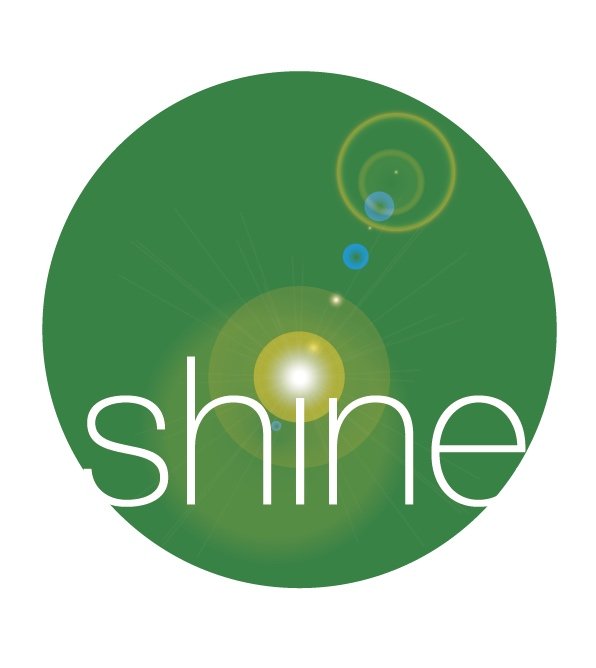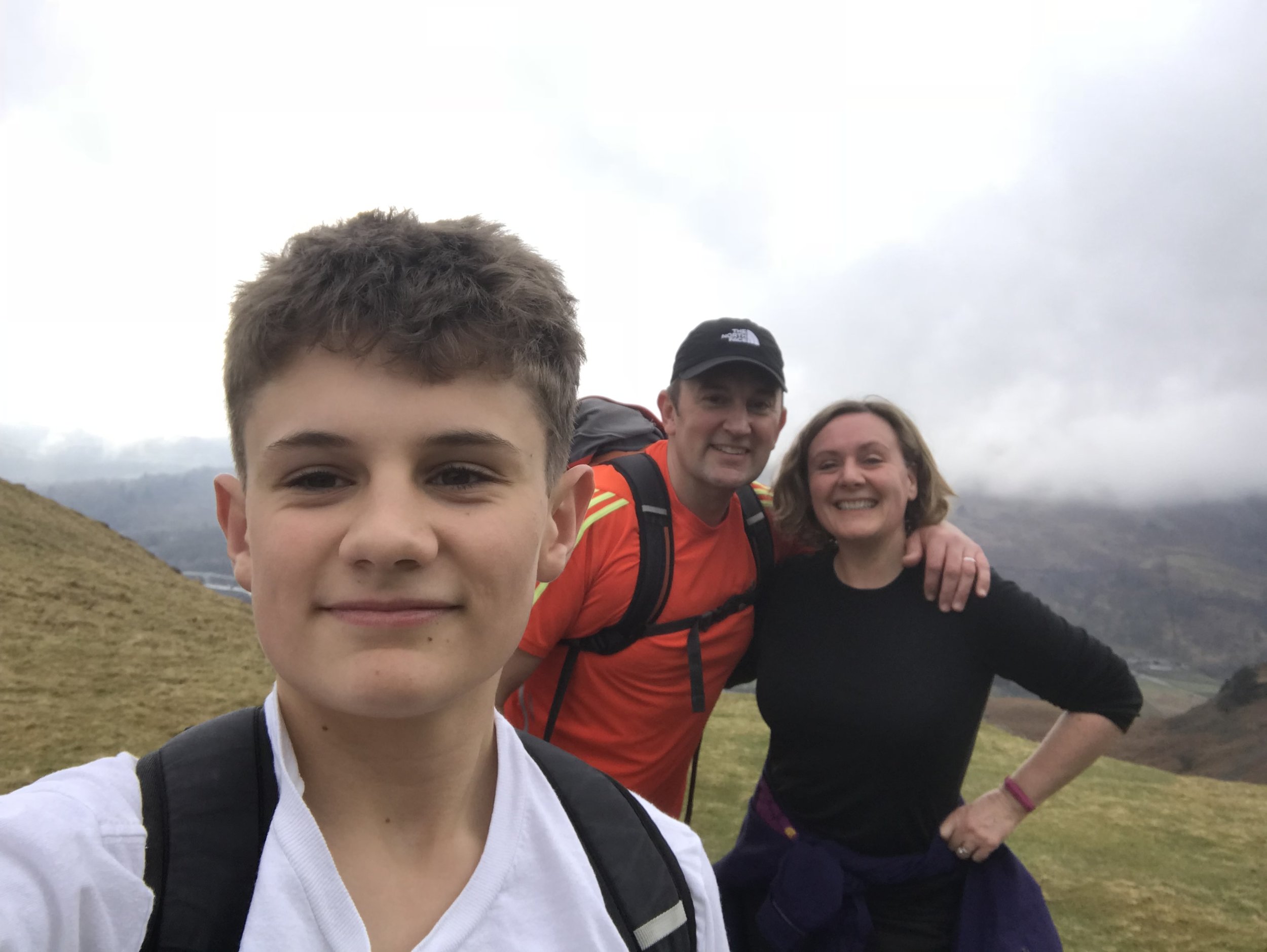15 minutes...5 years ago today.
6 months after that day in 2017, incredibly we were together enjoying our favourite place — the Lake District.
Dawn’s phone beeped as she finished getting dressed after a quick post work shower. A quick glance revealed I’d arrived home from the shop. A moment later, she heard the timer on the oven go off and then stop —definitely time to head downstairs to help with dinner. It was a typical Tuesday night.
As she turned the corner at the base of the stairs and began making her way into the kitchen, something seemed odd. There was music playing, but no other sounds. Then she saw me, on the floor.
“What are you doing, silly? Why are you on the floor?” Dawn asked as she entered the kitchen. Suddenly, it was grossly apparent, I was lying motionless on the floor, I’d peed my pants, and I was staring blankly at the ceiling. I was dead.
Since late May, I had been battling with a mysterious gastro-intestinal issue that felt a lot like a heart problem. I was taking medicine for this mysterious ailment, which the doctors called GERD. The symptoms, mimicking those of a heart attack, only appeared when I did vigorous exercise.
I was happy with my diagnosis. This GERD thing was reassuringly simple. It wasn’t the heart problems that had plagued my family for generations. It was solvable. It was also dead wrong. Not because my doctors weren’t good, but because I was better.
I’d spent a lifetime convincing people to do things they might not otherwise do —invest in big hairy audacious projects, buy products —mine or ones I loved, and even simple things like trying new food or experiences. When I saw my first doctor back in June, complaining about pain in my chest while riding the bike, I applied my persuasive skills to confound their diagnosis. “I only get this pain when I ride the bike, not when I do cross-fit,” I’d said to the doctor. However, with my family history, we agreed to check the heart out anyway. Because my story was odd and strangely convincing, there wasn’t a rush to explore the heart aspect.
I was prescribed some medicine to treat my new condition, GERD, and a plan was set in motion to check out my heart over the next couple of months.
I happily went to the USA on holiday in late July, making sure I had enough GERD medicine in my suitcase. I noticed my cross-fit sessions in San Diego were more difficult —but I told myself it must be the heat. Damn GERD.
Never mind, I was on holiday and it was time to give my body a rest. Lake Tahoe would be a welcome relief from the heat of San Diego.
I love swimming and lake swimming is my absolute favourite. The cool sensation of swimming in clear lake water is simply heaven. But, my short swim in Lake Tahoe was the worst lake swimming of my entire life. As I made my way out to the deep water, racing my brothers and my son to a buoy, I felt the weight of an elephant on my chest. The pain was incredible. I wanted to cry. Although it was a beautifully sunny day, I didn’t hang around in the water. And I didn’t I didn’t bother to tell anyone about my chest pain. Damn GERD.
I returned home to England in mid August and went to my first heart appointment. The doctor took my blood pressure and heart rate. My blood pressure was slightly elevated. I told my doctor I get white coat syndrome. I don’t. My heart rate was significantly higher, but it still fell in the normal range and again, I stressed my white coat syndrome. My persuasive powers were having a diminished affect as my doctor suggested I try an angina spray next time I got on the bike. Something was a miss and she was going to find it.
I tried spinning on the bike and the pain came back. I used the angina spray, but my symptoms abated quicker than the spray was supposed to work. This was all the proof I needed to convince myself I wasn’t experiencing angina.
A couple of weeks later, I had some weird food poisoning type symptoms. Unfortunately, these were the night before my long scheduled cardiac stress test. These tests are scheduled for late morning or early afternoon because you aren’t allowed to eat for several hours before. My food poisoning symptoms meant I hadn’t eaten since lunch the day prior. I was feeling weak. The stress test consists of walking on a treadmill at increasingly difficult speeds and inclines. They break test down into 5 sections. I walk in the Lake District, a lot, so I expected I’d breeze through their silly test— I lasted for two and a bit sections. “I’m tired, so I’d like to quit now. I was unwell yesterday.” I complained to the technician.
The doctor who saw me immediately following the test said he noticed something odd in the results, despite my not finishing, and recommended I have a more invasive exam. I agreed, but reassured him that whatever it was, it was probably related to my recent illness.
I felt better over the weekend. The weather was changing as September began and I returned to my normal activity of walking 5-6 miles every morning, despite the pain I felt when walking up hills. Strangely, my chest pain was becoming a bother even during my modest walks with Dawn, but I reassured her it was likely due to my dosage of GERD medicine—it needed to be increased. Damn GERD.
September 12th was like any other day, except my son was away at his friend’s house for dinner. While we love eating dinner together as a family, an adult only dinner is like an impromptu mini date night. Despite it being Tuesday, wine would be needed. So off to the shop I went, while Dawn showered.
The shop is a short walk from my house. Although I was pressed for time, I decided to grab a few other things to fill my bag. I took a bit longer than I’d expected. Damn, I didn’t have much time before the salmon would be done. I hustled home. My bag was heavy and I was walking fast, so I didn’t think anything of the pain in my chest. Damn GERD. I made it home just as the buzzer for the salmon was going off.
After working with St. John’s Ambulance for 8 years, Dawn had finally taken their CPR course in May. It was practical to know CPR when you oversaw a public building.
Upon seeing me on the floor, she immediately started CPR. I wasn’t breathing and I had been sick, so she stuck to compressions. A minute passed and she grabbed the receiver to dial 999.
Dawn screamed at the phone, while performing compressions —I wasn’t responding. She finally threw the phone down and kept pushing harder on my chest. Dammit, why wasn’t I responding.
Five minutes passed. Dawn was still at the compressions, her muscles were starting to ache. Still, no response from me.
She’s trying not to look at my face, I’m now grey, motionless and staring blankly up at the ceiling.
Ten minutes passed. Dawn’s shoulders are crying out in pain. Still she persists with the compressions. She feels my rib cage begin to give way.
The door bell rings. It’s the paramedics at the front door. The door’s locked and it’s down the hall. Dawn jumps to her feet and sprints to the door. She unlocks it, swings it open, and dashes back to my lifeless body. The paramedics are right behind her, followed by my mother-in-law, my brother-in-law, and sister-in-law. A weird set of coincidences had led them to see the ambulance at our front door. I was now a performance artist, doing my best to shock my audience.
No one noticed my favourite Bossa Nova playing on the Sonos. No one noticed the cumin encrusted salmon in the oven. And no one noticed that I’d peed my pants. Instead, the paramedics pushed Dawn away and hastily cut my jacket and shirt off with scissors. They immediately applied the paddles and shocked me. That got a response.
I began to be sick everywhere, complicating their efforts to get me breathing. After 30 minutes they managed to clear my airways and get me loaded into the ambulance. I had a heartbeat. I wasn’t dead anymore, for the moment.
I was rushed to Harrogate hospital, where they stabilised me for a longer ride down to Leeds General Infirmary (LGI). I was rushed into the surgery at LGI and given two stents in the main artery of my heart. Following this operation, on my way to the intensive care unit, the doctor quizzed Dawn.
“How long was it between him collapsing and you administering CPR? Can you tell us how many minutes?” The doctor asked.
“I don’t know,” Dawn replied, several times. Then she remembered the beep on her phone. She did know how many minutes. They looked at the time of the beep and compared it to the 999 call time. It was just under three minutes.
Turns out, if you have a cardiac arrest and drop dead on the spot, you’ve got three minutes to get oxygenated blood to the brain before severe damage occurs. After ten minutes without the life giving blood, you’re going to be brain dead— even if they can get your heart beating again.
Those 15 minutes before the paramedics arrived, while I lay in the dark abyss of death, Dawn had thrown me a lifeline in the form of compressions. As a result, I awoke 48 hours later in ICU with normal brain activity and a real chance to fully recover. Although I couldn’t remember what anyone was telling me for the first couple of days, my brain began to repair itself and the memory skills returned.
Ten days later, I walked out of the hospital to start the long journey back to health. So many things intersected on that Tuesday in September, making it possible for me to have more time in this lovely life with you lovely people. My life is different now. I have to take a Grampa-worthy dose of pills each day and my ribs are fractured or broken, but the world is in technicolour. I’m happy to be alive.
Enjoy today, no one is promised tomorrow.
Peace.

